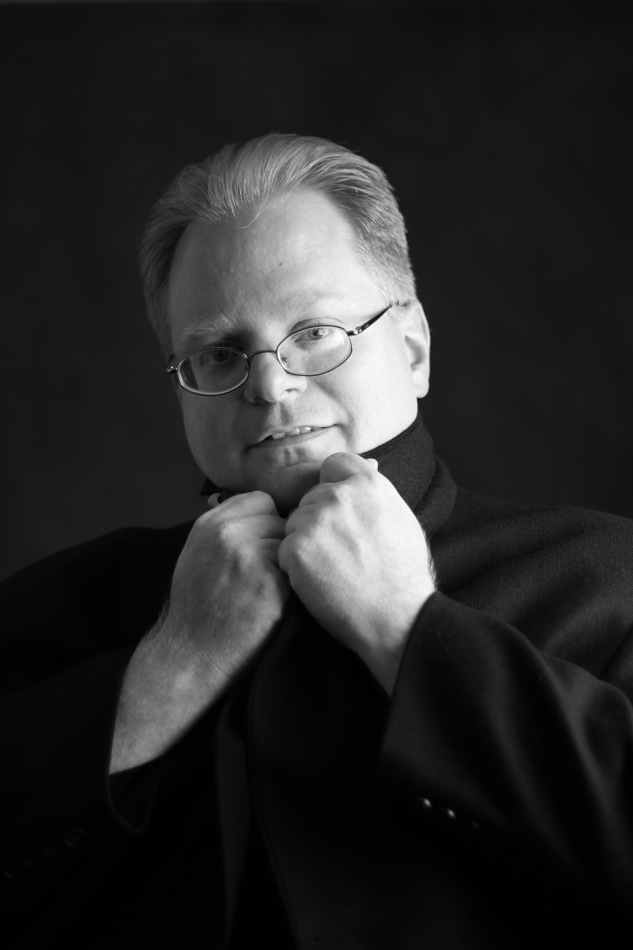A Winner's Advice: Traci Brimhall
Poet Traci Brimhall has appeared a number of times in our Recent Winners pages over the past few years. She has found notable success in the realm of contests, receiving awards including a fellowship from the Wisconsin Institute for Creative Writing that took her to Madison for a year of teaching and writing; a grant from the Money for Women/Barbara Deming Memorial Fund; the First Book Award from the Crab Orchard Series in Poetry, for Rookery (Southern Illinois University Press, 2010); and the recently announced Barnard Women Poets Prize for her second collection, Our Lady of the Ruins. (The volume, selected by Carolyn Forché, will be published by W. W. Norton.) We asked Brimhall, who is currently a doctoral candidate at Western Michigan University, a few questions about how she approaches contests and what advice she has for writers considering competitions.
How many contests have you entered? How many did you enter before winning your first award?
I entered seventeen contests before I got the call that my first book, Rookery, won the Crab Orchard Series in Poetry First Book Award. My records for my second book, Our Lady of the Ruins, are less accurate. Although I submitted to a handful of contests, the first response I received was the acceptance from the Barnard Prize, so I don't have the other contests listed on my submission spreadsheet. I believe it was seven or eight contests, plus some open reading periods.
So you’ve also submitted book manuscripts to publishers, outside of a competition?
I sent out Our Lady of the Ruins to a few open reading periods. I was certainly less aware of them when I first started sending out Rookery, but now that I've started screening for a couple of different book prizes, I think first book contests offer the advantage of limiting the pool of submissions. With open reading periods, a manuscript goes up against poets with two, three or ten books under their belt. That does not necessarily mean their work is stronger than yours, but the fish in that pond are certainly bigger.
What do you look for in a contest?
When I was still in my MFA program [at Sarah Lawrence College in Bronxville, New York], I started paying attention to publishers. If a book took the top of my head off, I looked at the press. If I read a poem in a journal that made me clutch my pearls, I would look up that poet's bio and see if they'd published a book, and, if so, where. When I started looking at submitting my work to a contest, I'd already been paying attention to where poetry I admired was being published, and that's about all I looked for in a contest. Of course, I read many poets with brilliant work from presses that I knew wouldn't be interested in what I was doing, but on the whole, I just wanted to metaphorically sit at the table with poets who left me in awe when I read their poems.
How did you know your manuscripts were ready to go out?
Part of it is knowing when you're ready to break up with the work. With Rookery, I felt ready to move on, but I kept coming back to the manuscript to tweak poems or reorder. So I broke up with the manuscript a section at a time. I looked at the poems in each section and then wrote breakup poems where I tried to have it out with my obsessions so I could be done with them once and for all. Of course obsessions follow you wherever your work goes, but I did feel like I put my obsessions' belongings on the lawn and told them to get lost. Each breakup poem became the final poem in each section of the book.
With Our Lady of the Ruins, I felt like that manuscript broke up with me. As much as I wanted—and still want—to keep writing those poems, the magic is gone. And who knows why. I was living in my car when I wrote most of them, and maybe the change in my life and my energy affected the way I was writing. Maybe I'd said all I needed to say. It was interesting to discover that the second manuscript functioned very differently than the first. Compiling and ordering one book didn't seem to teach me what I needed to know for the second. I hope I can be lucky enough to have my own work surprise and move me a third time.
How do you select individual pieces to submit to a competition—if this is ever something you do?
I've never had much luck with individual poem contests. I don't often submit to those because the contest fees are usually about fifteen dollars, and if I have a manuscript ready or one that's about to be ready, I'd rather spend twenty-five dollars sending that out. If I didn't have to budget in order to afford contest fees, I would probably submit to a lot more places, but fifteen dollars is four small lattes or a new book, and I'd rather have coffee and poetry than a small chance at winning a contest.
What is the most rewarding aspect of receiving an award?
The most satisfying thing lately has been the validation after a lot of discouraging feedback. I had a teacher tell me to throw away the poems in the second book and start over. I've had editors respond with a strong negative reaction to poems from the second book. One even said I didn't have any talent. Of course I wrote the poems anyway. I love those poems. I loved writing them. I look forward to reading them thirty more times in galleys and then beyond that. But it's hard to hear that poems I believed in were received poorly, and it was amazing to get the email from Saskia Hamilton at Barnard that said Carolyn Forché selected the book for the prize.
Have you ever had a negative experience as a result of winning a prize?
It's definitely surprised me that not everyone is happy for other people's good news. My good news has changed some friendships and even ruined one. Sometimes the good news doesn't feel worth it, because my greatest joy in poetry after writing a good poem is the community. Being a poet means that I share something in common with thousands of amazing strangers around the country, and whenever I travel for a reading or conference, I meet people who are passionate about the same things I am. A few years ago, I was told to think my competition is Shakespeare, Keats, and Dickinson, not anyone publishing in literary journals. If that's my competition, I don't ever have to worry about winning anything, I can run the race for the goddamned pleasure of it. And isn't the pleasure of it why people start writing in the first place?
What piece of advice do you have for writers looking to contests as a way to get their work into the world?
I really do think it's a great way to try and find a home for your work. Since judges change most years, you can always try again, whereas if an editor at a press says no, that's probably a fairly firm no. Many contests are judged blindly, often without acknowledgments pages, which means they're truly looking at just your poems. I also enjoy submitting in general, whether it's a manuscript or individual poems. I like the sense of possibility it gives me. The more you send out, the more times you will probably hear no, but then one day, you'll get that letter or that call that finally and joyfully says yes.
In the video below, vocalist Jennifer Lien performs Brimhall's poem "Aubade With a Broken Neck" from Rookery.






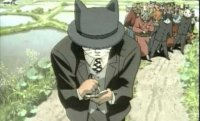
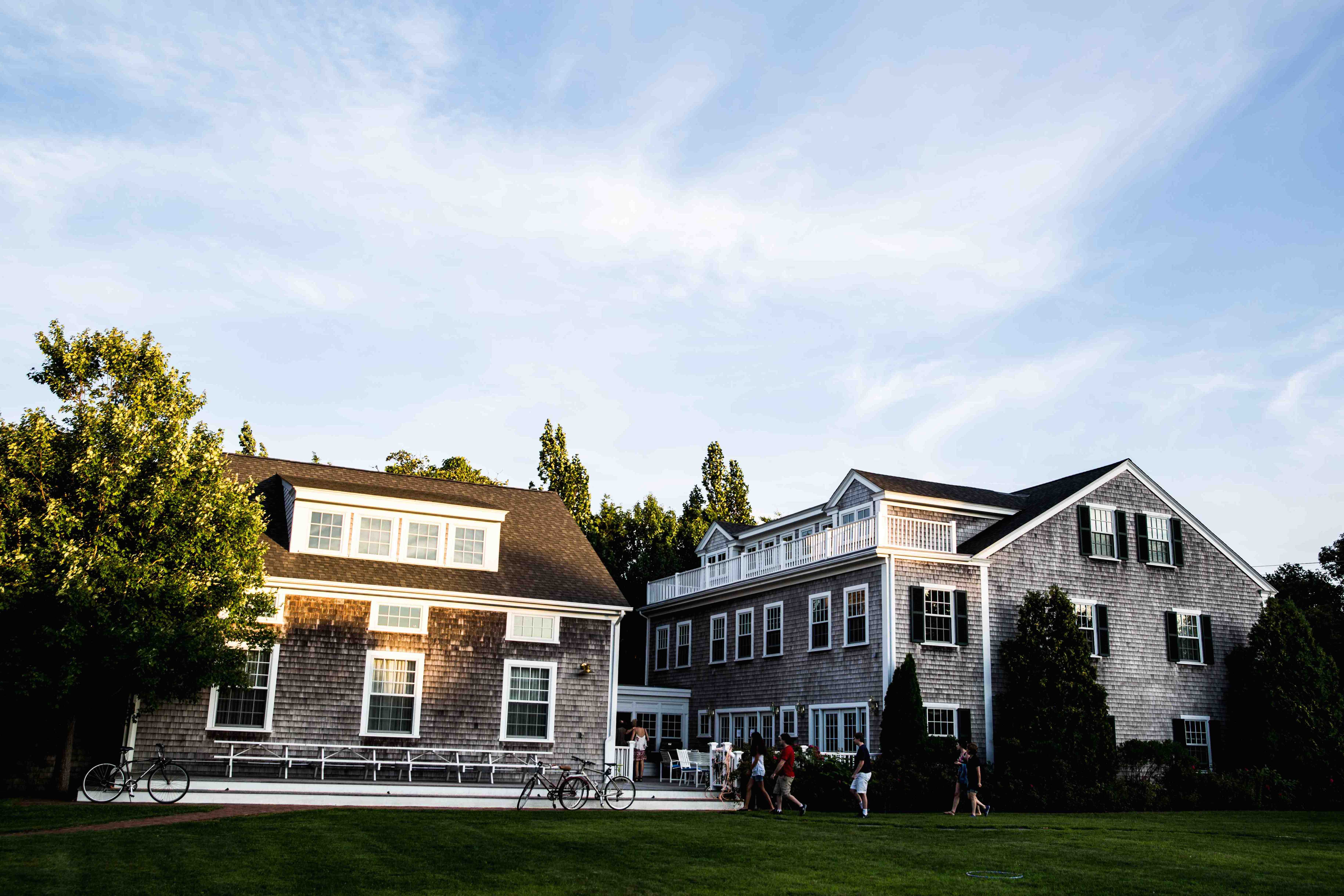
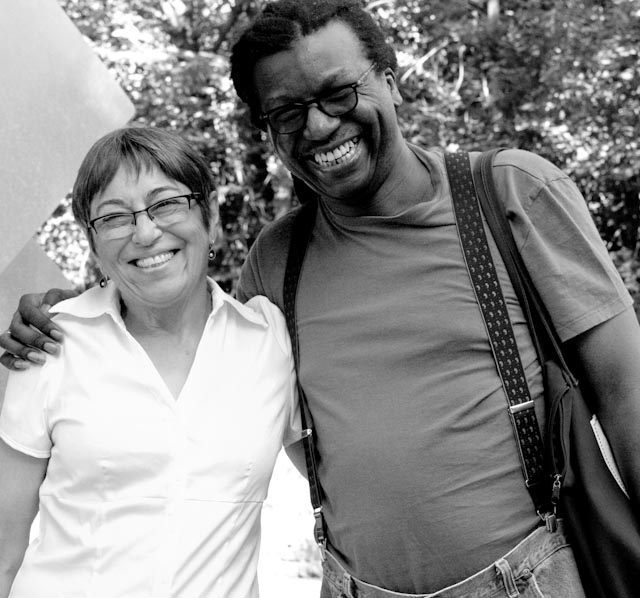 In the fifteen years since its founding, Cave Canem’s community has grown to become an influential movement with a renowned faculty and high-achieving national fellowship of over three hundred, many of whom have been P&W-supported and/or listed in the
In the fifteen years since its founding, Cave Canem’s community has grown to become an influential movement with a renowned faculty and high-achieving national fellowship of over three hundred, many of whom have been P&W-supported and/or listed in the 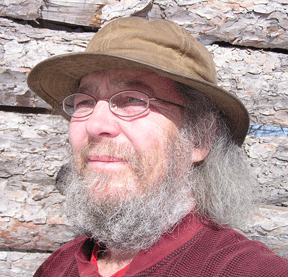 Lima is a small village, about 2,500 people, in upstate New York. The surrounding area is mostly farmland and newer rural suburbia. My home, Wheeler Hill, is even more rural, isolated. Dirt roads and Old Order Amish neighbors. I am a country person, but also a poet and
Lima is a small village, about 2,500 people, in upstate New York. The surrounding area is mostly farmland and newer rural suburbia. My home, Wheeler Hill, is even more rural, isolated. Dirt roads and Old Order Amish neighbors. I am a country person, but also a poet and 
